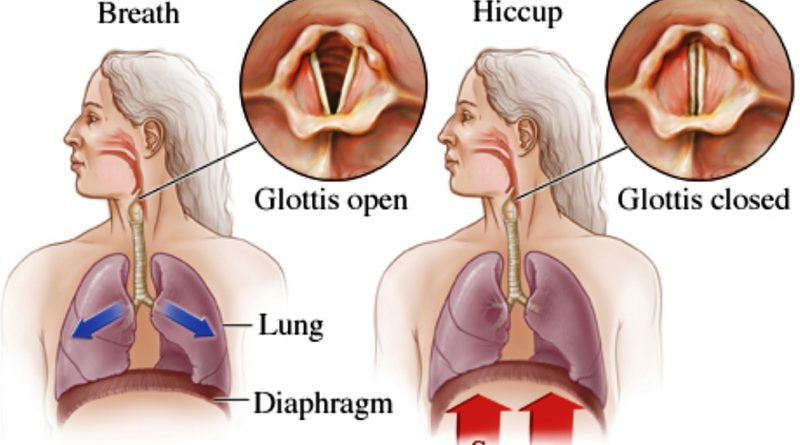What causes hiccups?
Hiccups
Hiccups, or in medical terms, singultus, can be very bothersome and awkward, especially if it happens when you are in the middle of giving an important speech. Hiccups usually happen when something irritates your diaphragm. The diaphragm, which is a dome-shaped muscle that separates your lungs from the abdomen, usually pulls down to create a negative pressure during inhalation to allow air entry to your lungs. As you exhale, the diaphragm relaxes, allowing air to flow out. Hiccups are caused by involuntary contractions or spasms of the diaphragm that forces your vocal cords to close, creating the striking ‘hic’ sound. Hiccups can also be caused by a few medical conditions. Read on to learn more about why hiccups happen. causes hiccups
What causes hiccups?
As we know, hiccups can occur when something irritates your diaphragm. There are various reasons why this happens. Some of them include :
- Eating too fast
- Eating or drinking too much
- Drinking carbonated beverages or taking too much alcohol
- Emotional stress or sudden excitement
- Swallowing too much air (aerophagia) – for example, when chewing gum or sucking on candy
- Breathing in toxic fumes
- Sudden change in temperature
Hiccups normally last for several minutes up to 48 hours but this isn’t a cause for concern. The world record for the longest hiccups is 68 years by Charles Osborne! However, persistent or chronic hiccups that last for more than 48 hours are worrisome and can be caused by an underlying medical condition. This would require you to consult a doctor for further management. You can consult our doctors online.
Some of the causes for persistent hiccups include :
- Nerve irritation :
Medical problems such as gastroesophageal reflux disease (GERD), laryngitis, goitre, or a growth in your neck area could damage or irritate the vagus or phrenic nerves, causing hiccups.
- Damage to Central Nervous System :
Problems such as meningitis, stroke, tumors, or a traumatic brain injury may cause your body to lose control of reflexes and cause involuntary spasms of the diaphragm.
- Metabolic disorders :
Diabetes, kidney diseases, electrolyte imbalance, and alcoholism can cause chronic hiccups.
- Medications :
Some medications such as steroids, barbiturates, and anaesthetics may cause irritation to the diaphragm.
How to treat hiccups?
Hiccups usually go away on their own after some time, but there are a few home remedies that can help relieve hiccups, such as :
- Sipping on cold water
- Breathing into a paper bag
- Pulling up your knees to your chest and leaning forward
- Holding your breath for a short interval
- Bite on something sour like a lemon
- Swallow some granulated sugar
Most of these methods are not scientifically proven but they seem to help to stop short bouts of hiccups but if your hiccups last for more than 3 hours, you should consider seeking medical help. Treatment of the underlying condition usually helps in stopping persistent hiccups, but if they don’t your doctor might prescribe some medications such as chlorpromazine, metoclopramide, or baclofen.
causes hiccups
How to prevent hiccups?
As mentioned earlier, there are some lifestyle factors that could cause hiccups. Changing some of these habits might prevent hiccups, such as :
- Eating smaller portions of food
- Eating slower and chewing your food properly
- Avoid carbonated drinks
- Take alcohol in moderation
- Avoid spicy foods
- Practice relaxation techniques like meditation and yoga to reduce stress or anxiety
In conclusion, hiccups are very common, almost everyone has experienced it before. Most of the time, it’s harmless, but sometimes it can be an indication of an underlying condition. Hiccups are self-resolving and it usually doesn’t cause any complications, but in some cases of chronic hiccups, it can cause sleep disturbances and weight loss. causes hiccups
Reach out to us at doctoroncall if you have any enquiries!




